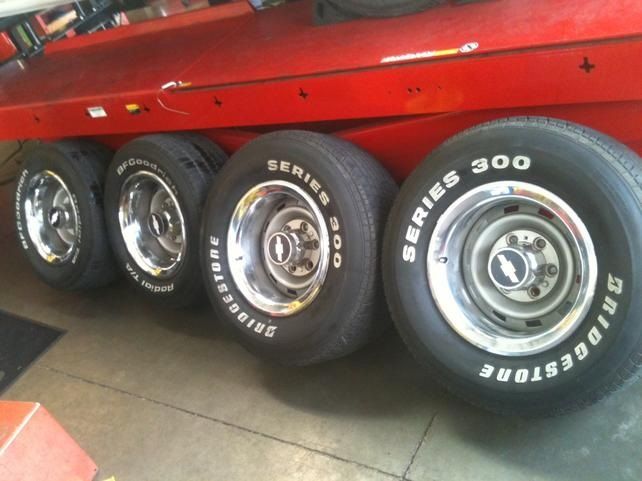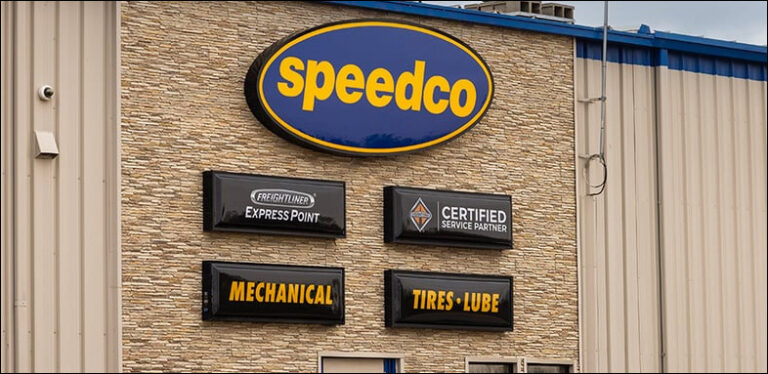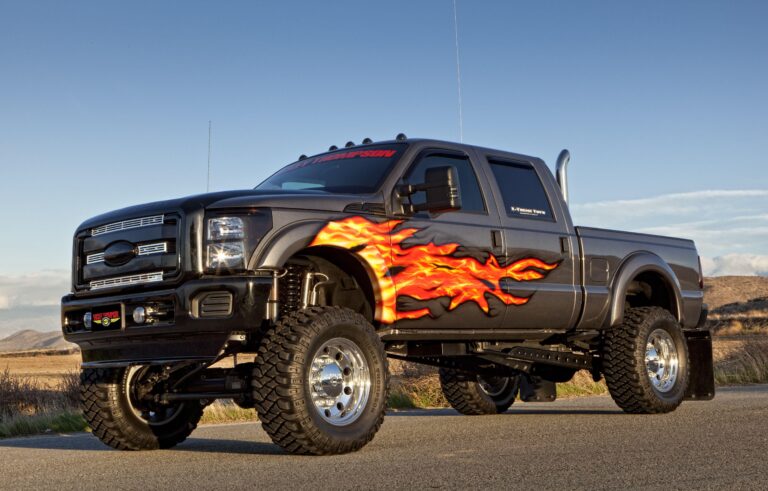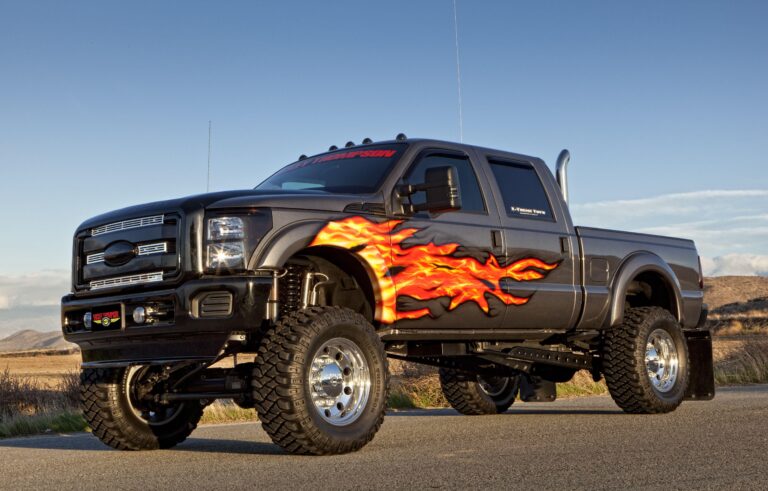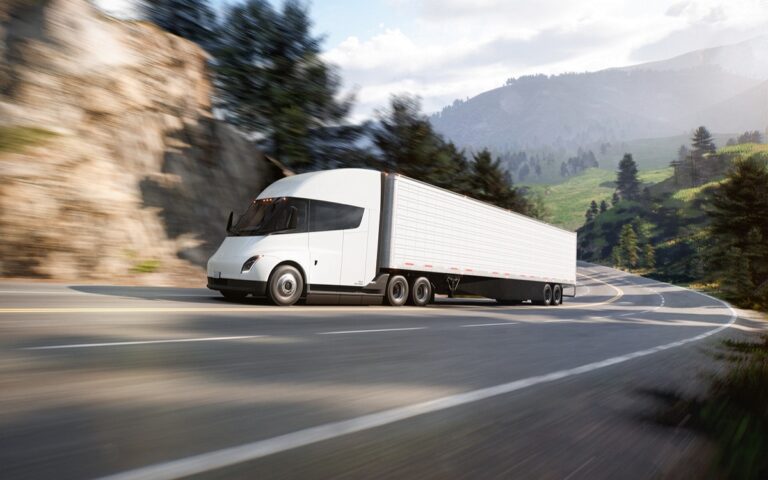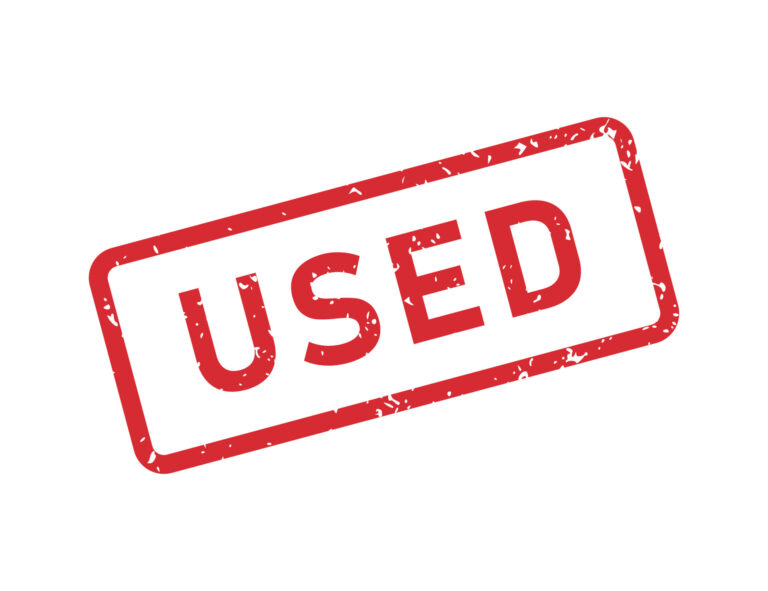U-Haul Auto Transport Trailer Price List: Your Comprehensive Guide to Cost-Effective Vehicle Relocation
U-Haul Auto Transport Trailer Price List: Your Comprehensive Guide to Cost-Effective Vehicle Relocation cars.truckstrend.com
Moving, whether across town or cross-country, often involves more than just household goods. For many, transporting a vehicle is a critical part of the relocation puzzle. U-Haul, a household name in DIY moving, offers a range of solutions, with their auto transport trailers being a popular choice for safely moving cars, trucks, and SUVs. But what does it cost? Understanding the U-Haul Auto Transport Trailer Price List is essential for accurate budgeting, avoiding surprises, and making informed decisions about your vehicle’s journey.
This comprehensive guide will demystify U-Haul’s auto transport pricing, exploring the factors that influence costs, providing estimated price ranges, offering practical advice, and addressing common queries to help you navigate your vehicle relocation with confidence and clarity.
U-Haul Auto Transport Trailer Price List: Your Comprehensive Guide to Cost-Effective Vehicle Relocation
Understanding U-Haul Auto Transport Trailers
Before diving into pricing, it’s crucial to understand the two primary types of U-Haul equipment designed for vehicle transport:
- U-Haul Auto Transport Trailer: This is a four-wheel trailer designed to carry the entire vehicle off the ground. It’s ideal for all-wheel-drive (AWD) or four-wheel-drive (4WD) vehicles, classic cars, or simply for those who prefer the peace of mind of having all four wheels of their towed vehicle off the ground. They come with integrated ramps and tie-down straps for secure loading.
- U-Haul Tow Dolly: This is a two-wheel trailer that lifts only the front wheels of the towed vehicle off the ground, leaving the rear wheels on the road. Tow dollies are generally less expensive to rent and are suitable for most front-wheel-drive (FWD) vehicles. For rear-wheel-drive (RWD) or AWD/4WD vehicles, the drive shaft often needs to be disconnected or the vehicle loaded backward, which can be complex.
Both options serve the purpose of transporting a vehicle, but their suitability and, consequently, their pricing, differ.
Factors Influencing U-Haul Auto Transport Trailer Prices

U-Haul’s pricing model is dynamic, meaning there isn’t a fixed, universal price list. Instead, prices are calculated based on several variables. Understanding these factors is key to estimating your costs and potentially finding ways to save.
- Distance of Travel: This is the most significant determinant of cost. Longer distances naturally incur higher rental fees. U-Haul’s system calculates rates based on the exact mileage between your pickup and drop-off locations.
- Trailer Type: As mentioned, the Auto Transport trailer (four-wheel) is generally more expensive than the Tow Dolly (two-wheel) due to its larger size, higher capacity, and the convenience of lifting all four wheels.
- Pickup and Drop-off Locations:

- One-Way vs. In-Town: Most auto transport trailer rentals are one-way, meaning you pick up in one location and drop off in another. These are typically more expensive than "in-town" rentals where you pick up and return to the same location, though in-town auto transport rentals are less common for vehicle relocation.
- Demand at Specific Locations: Prices can fluctuate based on the availability and demand for equipment at your chosen pickup and drop-off points. Renting from a high-demand area or returning to an oversaturated location might influence pricing.
- Time of Year/Seasonality: Moving is seasonal. Peak moving seasons (late spring, summer, holidays) see higher demand for U-Haul equipment, which can lead to increased prices. Conversely, off-peak seasons (fall, winter, excluding holidays) might offer more competitive rates.
- Availability: If equipment is scarce in your desired area for your chosen dates, prices might be higher due to limited supply. Booking in advance can help secure better rates and availability.
- Duration of Rental: While U-Haul quotes a specific number of days for your move, extending this period without prior arrangement can incur additional daily fees. The initial quote typically includes sufficient time for the planned journey.

U-Haul Auto Transport Trailer Price List: Estimated Costs
Given the dynamic nature of U-Haul’s pricing, it’s impossible to provide an exact, static price list. The figures below are estimated ranges based on common scenarios and are intended for budgeting purposes only. To get an accurate quote, you must use U-Haul’s official website or app with your specific dates and locations.
| Trailer Type | Estimated Distance Range | Estimated Price Range (One-Way) | Notes |
|---|---|---|---|
| U-Haul Tow Dolly | Local (up to 50 miles) | $35 – $65 | Ideal for FWD vehicles. Cheaper due to less material and simpler design. Rear wheels remain on the ground. |
| Short Distance (50-250 miles) | $70 – $150 | ||
| Medium Distance (250-750 miles) | $150 – $300 | ||
| Long Distance (750-1500 miles) | $300 – $550 | ||
| Cross-Country (1500+ miles) | $550 – $800+ | ||
| U-Haul Auto Transport Trailer | Local (up to 50 miles) | $55 – $95 | Lifts all four wheels. Suitable for all vehicle types (FWD, RWD, AWD, 4WD). Offers greater peace of mind for long hauls or delicate vehicles. Larger and heavier. |
| Short Distance (50-250 miles) | $100 – $200 | ||
| Medium Distance (250-750 miles) | $200 – $400 | ||
| Long Distance (750-1500 miles) | $400 – $750 | ||
| Cross-Country (1500+ miles) | $750 – $1200+ | Prices can exceed $1200 for very long distances or peak demand. |
Disclaimer: These prices are estimates only. Actual prices will vary significantly based on your specific dates, locations, and real-time availability. Always obtain a direct quote from U-Haul for accurate pricing.
How to Get an Accurate U-Haul Trailer Quote
The most reliable way to determine the cost of your U-Haul auto transport trailer rental is to get a direct quote:
- Visit the U-Haul Website or Use the U-Haul App: Go to uhaul.com or open their mobile application.
- Select "Trailers" or "Towing": Look for the section dedicated to trailer rentals or towing equipment.
- Enter Pickup and Drop-off Locations: Provide the exact city and state (or zip code) where you intend to pick up the trailer and where you plan to return it.
- Enter Dates: Specify your desired pickup date. U-Haul’s system will then calculate the standard return date based on your planned travel distance.
- Specify the Vehicle Being Towed: This is crucial. U-Haul needs to know the make, model, and year of the vehicle you intend to transport. This helps them determine the appropriate trailer size and ensures compatibility and safety.
- Specify the Towing Vehicle: You’ll also need to provide information about the vehicle that will be doing the towing (make, model, year). U-Haul will verify its towing capacity and ensure it’s suitable for the chosen trailer and towed vehicle.
- Review Quote: The system will then generate a detailed quote, including the rental price for the trailer type(s) available for your route, estimated duration, and often, options for insurance.
Additional Costs and Important Considerations
The base rental price for the trailer is just one component of your total cost. Be sure to factor in these additional expenses:
- Insurance: U-Haul offers various protection plans, such as "Safemove" (for trucks) and "Safetow" (specifically for trailers). Safetow provides coverage for damage to the U-Haul trailer and damage caused by the trailer to your vehicle or property. While optional, it’s highly recommended for peace of mind, especially for long distances. Costs typically range from $10-$30 depending on the rental.
- Taxes: Sales tax will be applied to your rental fee, varying by state and locality.
- Fuel for Towing Vehicle: Towing a trailer significantly increases your towing vehicle’s fuel consumption. This can be a substantial cost, especially for long distances. Factor in an estimate of 8-12 MPG for your towing vehicle while hauling.
- Required Equipment: Your towing vehicle must have a properly installed hitch receiver, a hitch ball (correct size for the U-Haul trailer, usually 2" for dollies and 2" or 2 5/16" for auto transports), and working trailer lights (a 4-flat or 7-way connector). If you don’t have these, you’ll need to purchase or install them, adding to your overall expense. U-Haul can often assist with installations.
- Late Fees/Extension Fees: If you return the trailer late without notifying U-Haul and arranging an extension, you may incur daily late fees. Always communicate any changes to your return date.
- Cleaning Fees: While not common for trailers, if the equipment is returned excessively dirty or damaged beyond normal wear and tear, cleaning or repair fees might apply.
Tips for Saving Money on U-Haul Auto Transport Trailer Rentals
While U-Haul’s pricing is dynamic, there are strategies you can employ to potentially reduce your costs:
- Book in Advance: Especially during peak moving seasons, booking your trailer several weeks or even months ahead can secure better rates and ensure availability.
- Be Flexible with Dates: If your schedule allows, try to book your rental during off-peak days (mid-week instead of weekends) or off-peak seasons (fall/winter instead of summer).
- Consider the Tow Dolly (If Applicable): If your towed vehicle is FWD and compatible, a tow dolly is almost always cheaper than an auto transport trailer. Ensure you understand the requirements for your specific vehicle.
- Compare One-Way Rates: Sometimes, adjusting your pickup or drop-off location by a few miles to a less busy U-Haul center can result in a slightly lower rate. Experiment with nearby zip codes if possible.
- Verify Your Towing Vehicle’s Capacity: Ensure your towing vehicle has the adequate towing capacity for the trailer and the vehicle being towed. Overloading is dangerous and can lead to costly damages or breakdowns. Don’t rent a larger trailer than you need.
- DIY Hitch Installation (Carefully): If you’re handy, installing a hitch yourself (or having a local mechanic do it) might be cheaper than U-Haul’s installation service, though U-Haul’s service is convenient and ensures compatibility.
- Understand Insurance Needs: While insurance is recommended, assess your personal auto insurance policy. Some policies may offer limited coverage for rented trailers or items being towed. Consult your insurance provider before renting.
Challenges and Solutions
Despite careful planning, challenges can arise. Here’s how to address some common ones:
- Challenge: Limited Availability.
- Solution: Book as early as possible. Be flexible with your pickup date or consider slightly different pickup locations. U-Haul’s system often suggests alternative nearby locations if your primary choice is unavailable.
- Challenge: Unexpected High Costs.
- Solution: Always get an official quote from U-Haul directly. Budget for all potential additional costs (insurance, fuel, hitch equipment). If the quote is too high, re-evaluate if professional auto transport services might be more cost-effective for very long distances or specialized vehicles.
- Challenge: Towing Capacity Concerns.
- Solution: Before reserving, meticulously check your towing vehicle’s owner’s manual for its Gross Combined Weight Rating (GCWR) and maximum towing capacity. U-Haul’s system will flag incompatible vehicles, but double-checking yourself is crucial for safety.
- Challenge: Loading/Unloading Difficulties.
- Solution: Watch U-Haul’s instructional videos on how to properly load and secure a vehicle on their trailers. Read the instructions provided with the trailer carefully. If unsure, ask for assistance from a U-Haul representative or a knowledgeable friend. Always load on a level surface.
Frequently Asked Questions (FAQ)
Q1: What types of vehicles can I tow with U-Haul trailers?
A1: U-Haul trailers can tow most passenger cars, trucks, and SUVs. However, there are weight and size restrictions. The U-Haul website will verify compatibility when you enter your vehicle’s make and model.
Q2: Do I need insurance for the U-Haul auto transport trailer?
A2: While not legally mandatory, it is highly recommended. U-Haul offers "Safetow" protection, which covers damage to the U-Haul trailer and damage caused by the trailer to your vehicle or property. Check your personal auto insurance policy as it might offer limited coverage, but often not enough for all scenarios.
Q3: What’s the main difference between an Auto Transport and a Tow Dolly?
A3: An Auto Transport trailer lifts all four wheels of the towed vehicle off the ground, making it suitable for all vehicle types (FWD, RWD, AWD, 4WD). A Tow Dolly lifts only the front two wheels, leaving the rear wheels on the ground. It’s generally cheaper and best for FWD vehicles. RWD/AWD/4WD vehicles often require drive shaft disconnection for a tow dolly.
Q4: Can I rent a U-Haul auto transport trailer for local use only?
A4: Yes, you can. However, the pricing structure might still reflect a base rate similar to a short one-way rental. Confirm the "in-town" vs. "one-way" pricing when getting your quote.
Q5: What if my vehicle doesn’t have a hitch or proper wiring?
A5: You will need a hitch receiver, a hitch ball of the correct size, and working trailer lights (4-flat or 7-way connector). U-Haul offers hitch installation services at many of its locations, or you can have one installed by a third-party mechanic.
Q6: How far in advance should I book my U-Haul auto transport trailer?
A6: It’s advisable to book at least 2-4 weeks in advance, especially during peak moving seasons (May-August) or holidays. For cross-country moves, even earlier booking can be beneficial.
Q7: Are there weight limits for the vehicles I can tow?
A7: Yes, both the U-Haul trailer itself and your towing vehicle have specific weight limits. The Auto Transport trailer typically has a maximum capacity around 5,290 lbs, and the Tow Dolly around 3,900 lbs (towed vehicle weight). More importantly, your towing vehicle must be rated to safely pull the combined weight of the trailer and the towed vehicle. U-Haul’s online reservation system helps verify compatibility.
Conclusion
Navigating the U-Haul Auto Transport Trailer Price List doesn’t have to be a daunting task. By understanding the dynamic factors that influence pricing—distance, trailer type, location, and seasonality—you can make more informed decisions. While exact prices are elusive without a direct quote, the estimated ranges provided here offer a valuable starting point for your budget.
Remember to factor in all potential costs, including insurance and fuel, and to leverage tips for saving money. With careful planning and a clear understanding of U-Haul’s system, you can ensure a smooth, safe, and cost-effective vehicle relocation, allowing you to focus on the next chapter of your journey. Always get your final, accurate quote directly from U-Haul, and happy hauling!

